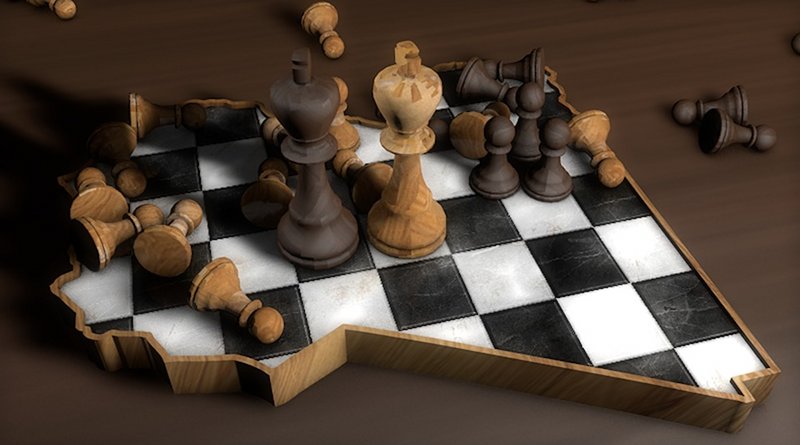Why Is Libya Delaying Elections? – OpEd
The Libyan electoral commission has confirmed that it will publish the list of candidates for the presidency only after certain legal issues have been resolved, and most of the Libyan figures involved in the process will take part in a scheduled day, with politicians, analysts, and ambassadors. They all say this in private lessons. It will be very difficult, with no time left. Voting will take place on December 24.
Delays in elections could increase the risk of disrupting the peace process in Libya, although illegally held elections pose a serious threat to Libya’s democratic stability.
Libya’s complex and unfortunate political situation seeks to speed up the election process and give power to the Supreme Council of the state, but his statement raises doubts about the election.
Earlier, gunmen had prevented Saif al-Islam Gaddafi from filing a lawsuit against his client’s decision to withdraw from the presidential election, sparking fears that there would be unrest during the voting process. He has officially submitted his candidacy for Libya’s presidential election, where supporters of the former regime are seeking his return to power.
In addition, a southern Libyan court has ruled that Saif al-Islam, the son of the late Muammar Gaddafi, must return to the presidential race, days after being rejected by the Electoral Commission. The Libyan Electoral Commission had removed him from the list of candidates for the presidency, for “violating the provisions of the presidential election” Article 10, Article 7, and Article 17, Article 5. He asserted that Ali “did not end up with a criminal conviction or a criminal offense against Al-Amanah,” A Tripoli court sentenced him to death in 2015, for committing war crimes during the 2011 protests, but the sentence did not. done. In 2017, the armed group in which he was detained announced his release after a “normal parole” law was passed.
The Electoral Commission excluded Saif al-Islam and 24 of the 98 candidates for the presidency, subject to appeal, and Haftar’s forces withdrew from the Sebha court after disrupting the election process.
The transition to democracy has been difficult and the United Nations intervention on the supported peace system is ineffective. All previous aspects of power should be excluded to ensure a peaceful process. Hundreds of citizens have also organized protests in front of the Tripoli Electoral Commission headquarters in order to determine the nature of government and its modus operandi through the constitution, to reject existing electoral laws, and to hold non-constitutional elections in order to achieve democracy.
Saif al-Islam and Haftar also played a key role in Libyan history before and after the revolution. Saif al-Islam has been the second person to defend the state because he is one of the beneficiaries of it. Haftar has appeared on Libyan television more than once while supporting Shuba and fighting the Muslim Brotherhood. This proves the ambiguity of the law as both are accused of committing crimes against Libyans and now, they want power.
Many candidates have taken advantage of the crisis to succeed in his political project, and they are well aware that the Libyan judiciary is powerless and dependent on political divisions between the various parties. Gaining power means access to oil is not a democracy.
There are dangers associated with the ongoing political divisions in elections. Failure to hold elections could lead to a major collapse in Libya and further divisions and conflicts. The country went into turmoil after NATO support in 2011, with the emergence of a world-renowned National Accord Government and the Libyan National Army. East of Khalifa Haftar – who devastated the country, and in 2019 the United Nations approved a ceasefire.
All the elite nominees have regional and international supporters, who want to control Libya; for example, Haftar is backed by Russia, Egypt, and the UAE, and Saif al-Islam is the most important figure in Russia, and that is Saif’s appearance. Al-Islam at this time is Russia’s response to the American system and the question now is whether Russia wants Haftar or Saif al-Islam and wants to establish a legitimate Russian government in Libya, and this is something that you want to eradicate all of Europe. countries.
The risks associated with the ongoing political polarization around the elections and the failure to hold the elections could lead to a significant deterioration of the situation in the country and could lead to further division and conflict.

